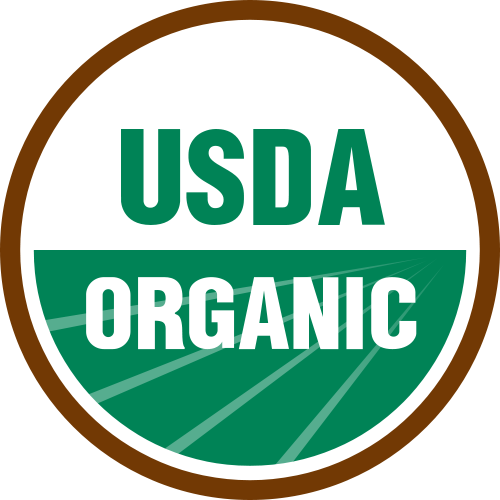
In an announcement that made parents everywhere scratch their heads in disbelief, the American Academy of Pediatrics issued a statement last month questioning whether organic food was really any better for children than conventional food.
The statement, which was published in the Journal Pediatrics, comes on the heels of a Stanford University study touting similar conclusions.
Dr. Janet Silverstein, a pediatric endocrinologist at the University of Florida in Gainesville and co-author of the Academy’s statement, said that the science is lacking as to whether eating pesticide-free food makes people any healthier.
Hold on just one minute!
The American Academy of Pediatrics actually needs “rigorous” scientific data to prove that eating food without poison is better than eating food with poison simply because the poison is “within safety limits”?
Doesn’t this strike you as just a wee bit ridiculous and tantamount to saying that science hasn’t proved that the sun comes up in the morning so we are going to assume it doesn’t until further studies are done?
As my grass-fed dairy farmer is fond of saying, “You just can’t fix stupid”.
For those of you who might have been more than a little confused by this statement, I filmed a brief video to discuss organic versus conventional food as it relates to fresh produce.
I also attempt to clarify the not so obvious point that locally grown fruits and veggies are where it’s at nutritionally speaking even when compared to organics.
Interesting how the American Academy of Pediatrics statement completely omitted this salient point!
The video also discusses how to best clean off pesticide residue from locally grown produce that might have been minimally sprayed or simply not “certified organic”.
What did you think of the American Academy of Pediatrics’ statement? Did you laugh and shake your head as I did? Did you roll your eyes in dismay? Will you change any of your buying habits as a result of it?
References
American Academy of Pediatrics Says Organics No Better
The Hydroponic Invasion of USDA Organic








Every time the American Academy of Pediatrics endorses studies like this they discredit themselves more and more. What a joke. As was previously said it’s all about the money. It’s all about the power.
I am surprised teh egg laying rate is so low. My chickens which are full free range on basically a diet of bugs and grubs and their morning cup of tea lay well in excess of 350 eggs a year. In fact a few weeks ago in teh spring they were laying two eggs a day.I have found by picking them and patting them they lay more than an egg a day.I imagine the oxytocin release from stroking makes them lay more.
I am an organic gardener, but “organic” does not necessarily mean more nutrient dense. Of course it is healthier because of the lack of poison, but far travel does indeed decrease the nutrient value. But if the soil does not have the correct balance of minerals, it could mean big beautiful organic produce full of water and low in nutrition! Sometimes too much organic manure can make the produce toxic (too much nitrogen). A good farmer will be balancing and remineralizing the soil, making sure the soil microbes are active and using well sourced nitrogen. The focus should be quality not quantity, huge monocropping “organic” farms shipping stuff across the country is not the answer. Support the local farmer, even if she is not all organic. Talk to them and find out what is on the food. And grow your own, even on your porch, in pots, or on your city balcony.
We’ve had tons of studies that prove that organics provide more nutrition in a smaller space. It makes sense because organic farmers tend to enrich the soil to make their end product better instead of providing an artificially large product that diminishes the long-term health of the soil. Remember that our nutrients come from the soil.
Even if organic produce isn’t more nutritious, it is real. There are so many products that are genetically modified, but not labeled, that an educated consumer needs to buy organic just to be sure of what they’re getting.
It’s the propaganda Monsanto is paying for…no surprise. Most sheep prefer to b uneducted & believe (and eat) the crap that is given them. We know that the more u r uninformed, the better for them.
I don’t believe it….I will follow my instinct and stay with organics
What is it going to take to get the medical field to speak up against GMOs?
This little girl’s school project says it all- TAKE THAT STANFORD and AAP 🙂
They are only measuring nutrition, not the harmful pesticides.
Just a question. How do you know the vinegar rinse actually works? Is there research out there about it? And we also need to keep in mind that pesticides do not just get on the plant, they get IN the plant through the roots and that is impossible to remove.